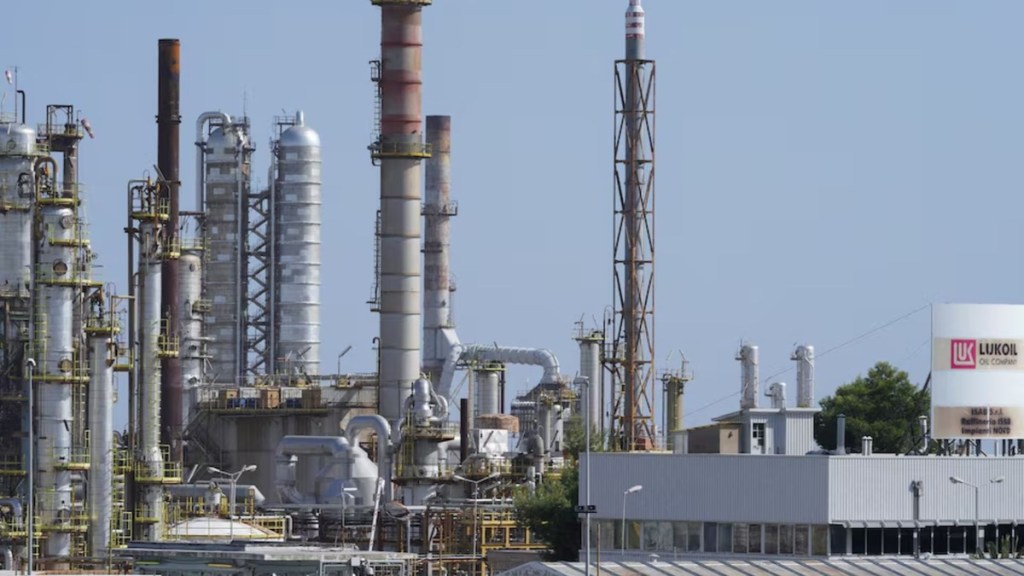Nayara Energy continues to face operational headwinds under the weight of international sanctions, but ironically its reliance on Russian crude has only deepened for now.
Till date in September, the company’s imports consist entirely of Russian crude. Nayara Energy imported 331,000 barrels per day of Russian oil in September so far, way higher than its total intake of 241,000 bpd of Russian oil in August, as per data from Kpler.
Exports shift to alternative markets
Previously, the refinery exported mainly 10–20 thousand barrels per day of jet fuel to the EU, but these volumes are now being redirected to alternative markets. However, Kpler noted that this is not a major setback, as Nayara was never a significant exporter to Europe.
The company exported 30,000 bpd of petroleum products to the UAE in September so far against nil in August.
As part of its measures against Moscow, the EU has imposed sanctions on the 20-million tonne refinery in Vadinar, Gujarat owned by Rosneft-backed Nayara Energy and tightened the oil price cap.
Post these sanctions, Nayara cannot export fuel such as petrol and diesel to European countries.
Domestic focus and long-term plans
“Nayara’s situation remains challenging under the weight of ongoing sanctions, which have reinforced its reliance on Russian barrels. Post-sanctions, the refinery has struggled with compliance, shipping, payment channels, and lower crude imports. However, these issues are gradually being resolved, and we expect operations to move closer to its economical or rated capacity,” said Sumit Ritolia, Lead Research Analyst, Refining & Modeling at Kpler.
Exports, however, remain sharply lower than last year, driven by reduced refinery runs linked to lower crude intake. Going forward, more barrels are expected to flow toward Asia, the Middle East, and Latin America.
Responding to these sanctions, the company said the unilateral move is founded on baseless assertions, representing an undue extension of authority that ignores both international law and the sovereignty of India.
The company presently contributes to approximately 8% of the country’s total refining capacity, ~7% of India’s retail petrol pump network and estimated 8% of polypropylene capacity.
The company primarily caters to the domestic market through India’s largest private fuel retail network, institutional sales and partnerships with other Oil Marketing Companies (OMCs). The company has maintained that it will continue to serve Indian consumers and invest over Rs 70,000 crores in the long term towards petrochemicals, ethanol plants, marketing infrastructure expansion and refinery reliability including ESG projects.
